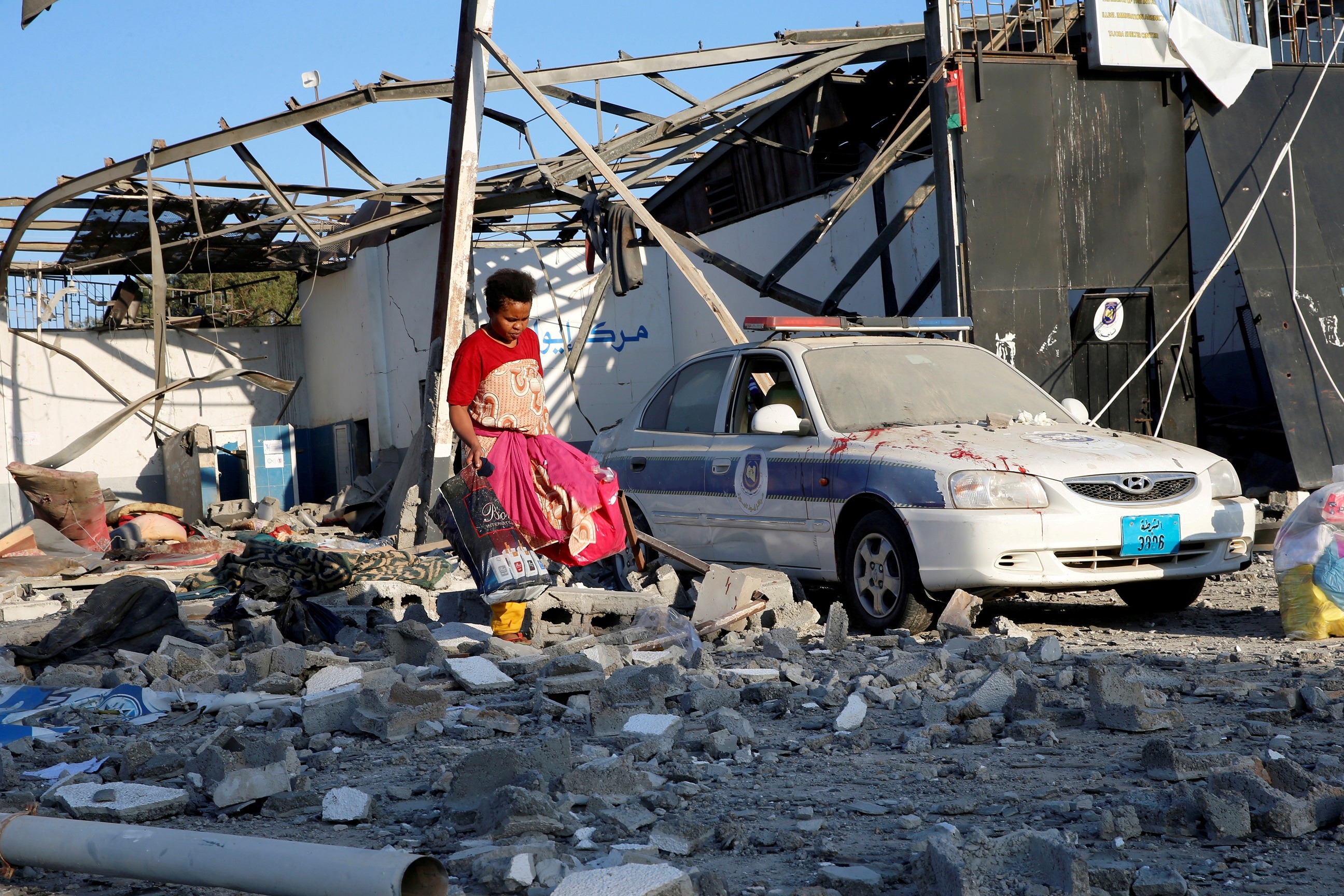Although Western media reports on the clashes over the past three months speak of advances and achievements by the forces under the command of General Khalifa Haftar in the southern and eastern parts of Tripoli, but the fact is that the forces under Haftar are by no means in a proper position and have faced some sort of unbreakable deadlock to the extent that Western countries, in particular, France, have been forced to openly supply new arms shipments to General Haftar forces.
In addition, the United Arab Emirates and Saudi Arabia have inevitably extended their support for the Haftar invasions by sending new heavy and semi-heavy weapons. Meanwhile, it is said that units of the Egyptian army, especially the Air Force, provide airborne backup frequently to prevent the defeat of Haftar’s forces, and by bombing the positions of the forces under the command of the Government of National Accord they side with General Haftar.
Thus, one can say that the main factor in clarifying the dependence of General Haftar on the West and the reactionary regimes of the region are the concerns arising following the impasse faced by his forces.
Under such circumstances, supporters of the Government of National Accord, headed by Mr Fayez al-Sarraj, namely Qatar and Turkey, have similarly engaged in supply of new arms shipments to the government forces and, contrary to the past, they have entered into an indirect battle with the supporters of Gen. Haftar: A battle that can be rightly called a proxy war; so that the clashes in Libya, as opposed to current propaganda, cannot be regarded a conflict between the two Libyan groups.
In fact, it is these reactionary regimes (the UAE and Saudi Arabia) that are struggling to challenge the main pro-Muslim Brotherhood governments and severely weaken their operational capabilities in North Africa due to their anti-Brotherhood tendencies (ideological and political opposition to the Muslim Brotherhood).
Their efforts have entered into operational stage under conditions that the clashes of the last three months in Libya are believed to be the most important move of the Muslim Brotherhood at the current juncture and are considered to be the only front active in the current interim period.
Therefore, what is happening in Libya is in fact a battle between the Brotherhood tendencies and the Wahhabi inclinations. However, the tensions in Libya are, to a lesser extent, a war between the Western powers and the two Libyan factions in the preemptive controversy over Libya’s rich oil resources, and the cost of such a major battle through Saudi and UAE petrodollars on the one hand, and oil revenues of Qatar and some capabilities of Turkey on the other hand.
Part of the conflict also benefits large arms companies alongside major oil companies. In particular, according to some analyses, with the reduction of the scope of the war in Yemen, the Western world looks to sell more weapons as well as prevent the expansion of Islamic movements and for the same reason, it has set eyes on the ongoing conflicts in Libya and seeks to turn Libya into a centre in challenging all Islamic movements in North Africa.
Libya has now become a field of rivalry for the regional and trans-national powers. The plurality of power centres and domestic actors in the Libyan crisis, the multiplicity of interests in the neighbouring countries and in the international environment, have all created a complicated situation in the country. On the other hand, it seems that the United Nations, too, does not have the power to put an end to these conflicts, or perhaps does not want to because the expediency of the big powers lies in continuation of a war of attrition in that country and by siding with one of the parties have prolonged the civil war in Libya.










0 Comments